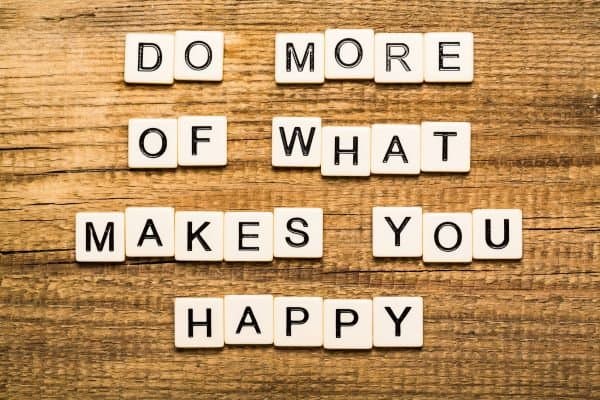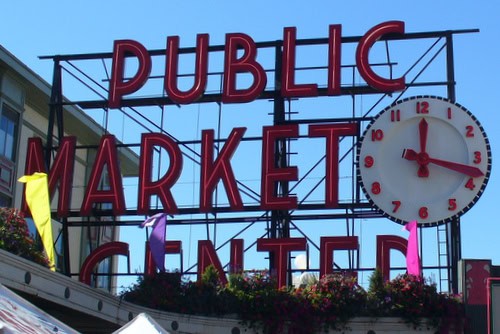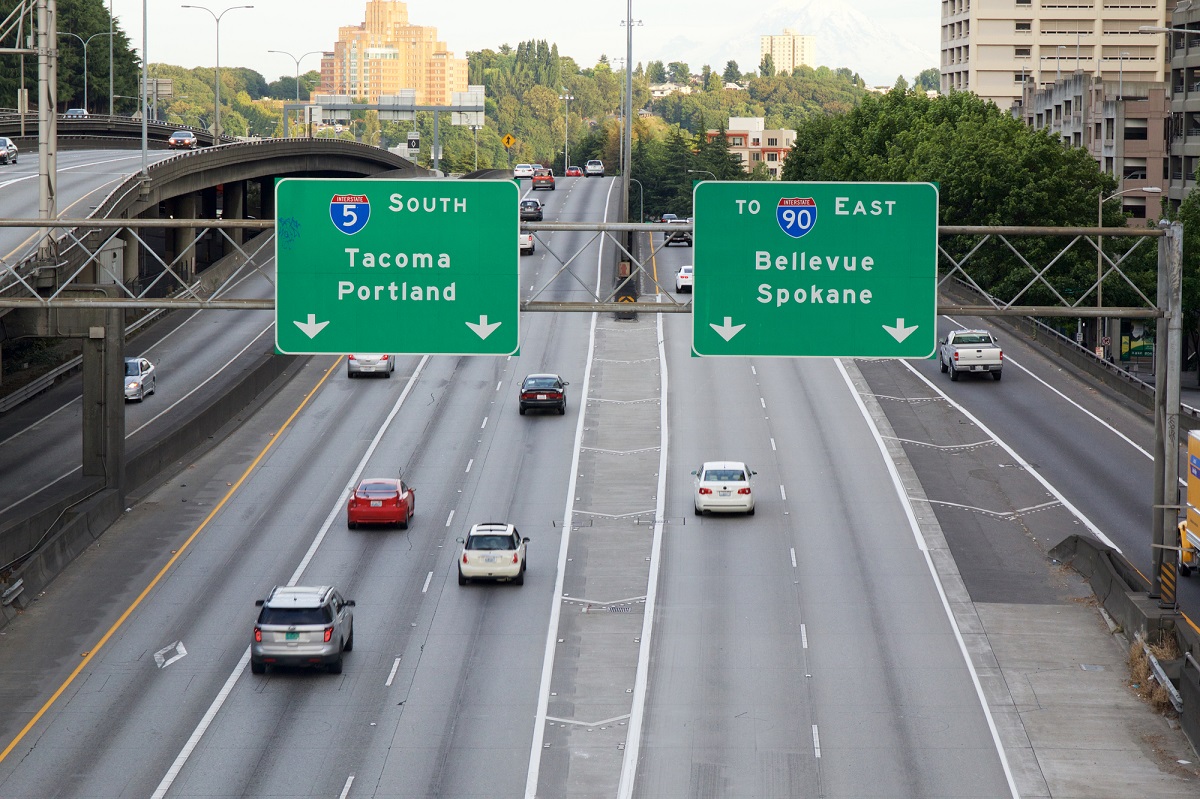Columbus Day is recognized as a Federal Holiday on the second Monday in October. However, across the country there are variations on this date.
You can read more about Christopher Coumbus below, as well as how this holiday is evolving in other states, supplanted by Indigenous Peoples Day and other observances.
Who was Christopher Columbus
It’s widely reported that Columbus first landed in (what is now) the Bahamas, Haiti, and the Dominican Republic, as well as South America in later voyages. He never made land in North America. Simply put, he’s not the guy who “discovered” North America.
Christopher Columbus was originally from Genoa, Italy. He became a merchant seaman in his teens and honed his skills working the commercial routes in the Mediterranean and along the coast of Africa. He later settled in Portugal where he studied astronomy, cartography, and navigation.
Ultimately, Chris proposed that a shorter and safer trade route to the spice trade in Asia could be found by sailing West, instead of the southern route around Africa beset by fierce weather as well as pirates.
The monarchs of Spain, Ferdinand and Isabella, were convinced enough to finance his first expedition, the infamous 1492 voyage comprised of three ships: the Santa Maria (a carrack ship) and the Pinta and the Niña (smaller caravel ships). To Chris’ surprise, there was this whole other land mass between Europe and Asia.
However, believing he had found “the (East) Indies” (i.e. Asia), the people were referred to as “Indians”. Now we know the rest of the story! Actually, it’s a bit weirder than that:
- Of course, the indigenous people knew all about their lands, having inhabited the continent for thousands of years. Christopher discovered nothing.
- Nor was Columbus first. The Vikings of Norway are documented to have landed near Greenland in the 10th century, hundreds of years before Columbus.
- Further, Columbus never landed in North America at all. He is reported to have landed in what are now the Bahamas, Cuba, Haiti, and the Dominican Republic. He never set foot in North America in his first, or any subsequent voyage.
Not only did Columbus not “discover” America, he also did not accomplish his goal of a western route to Asia, though he long believed he was plying the islands off the coast of China. Tragically, Spain would eventually exploit the “New World” through subjugation of the millions of people already living there.
So how did Columbus get such prominent (and false) place in our history. In truth, it came about because Italian immigrants to America wanted to celebrate one of their own. Columbus Day became a federal holiday in 1934.
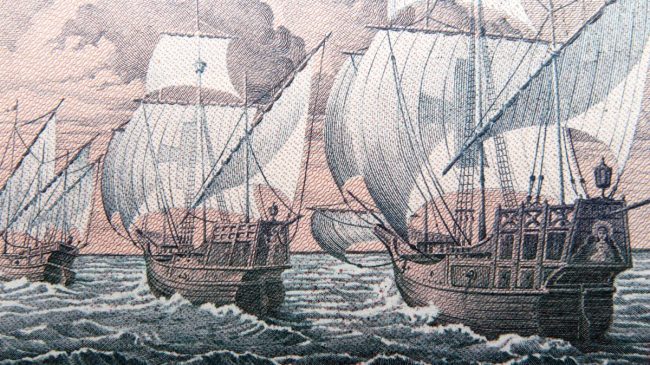
Columbus sailing ships: niña, pinta, santa maria, as picture on an Italian banknote lire – image via Depositphotos_59981939
Indigenous Peoples’ Day or Native America Day
Indigenous Peoples’ Day or Native America Day is intended to acknowledge the tribes (aka Native Americans) who were living in North America long before Europeans arrived on her shores. However, there is no national consensus, and the day is not without controversy. Your typical democracy angst.
Some states and individual cities have officially or legally changed the day to Indigenous Peoples’ Day or Native America Day, celebrated on the second Monday in October, either instead of or in addition to Columbus Day. Other states have stopped celebrating Columbus Day but have not replaced it. Some states, including Washington, have replaced it with something else.
Washington State does not recognize Columbus Day as a legal holiday for state government employees. However, the Friday immediately following Thanksgiving Day (Thursday in November) is a legal holiday called Native American Heritage Day. More info: RCW 1.16.050: “Legal holidays” (wa.gov). In addition, some cities and counties in Washington officially recognize Indigenous Peoples Day. Last time we checked, the list included Seattle, Spokane, Yakima, and Snohomish County.
As we discover (heh, heh, get it?) celebrations about Indigenous Peoples or discussion about Christopher Columbus history or any related events, we’ll put them on our calendar each year.
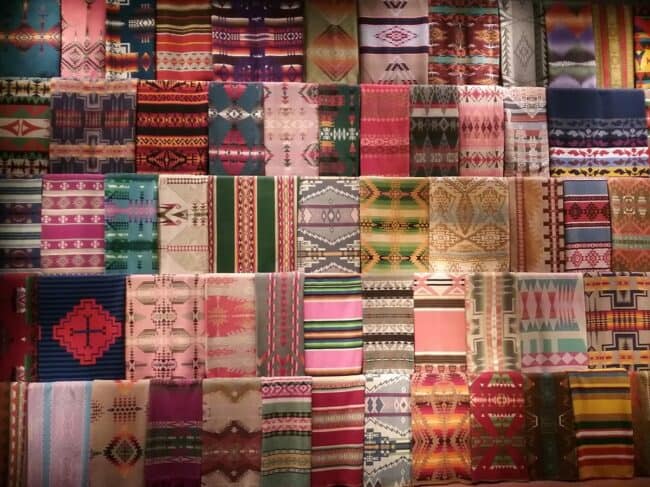
Chihuly personal collection of Native American vintage trade blankets on the wall display at Chihuly Museum of Glass – 2018 photo by Carole Cancler
Event calendar of free and cheap things to do
Listed below are all events on our calendar for the next 60 days.


